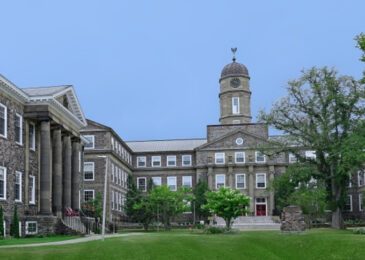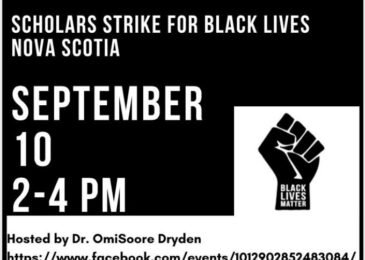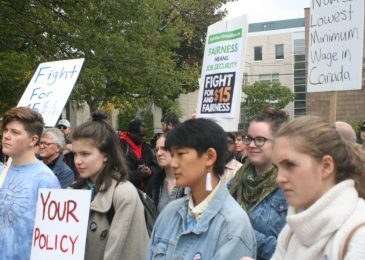Wayne Desmond: Much more must be done to remove barriers faced by Black learners
We have been talking about it for decades, but Black kids still face huge barriers in Nova Scotia’s educational system. Wayne Desmond suggests more money for support workers and more funding for bursaries and scholarships could be a place to start addressing the achievement gap.








